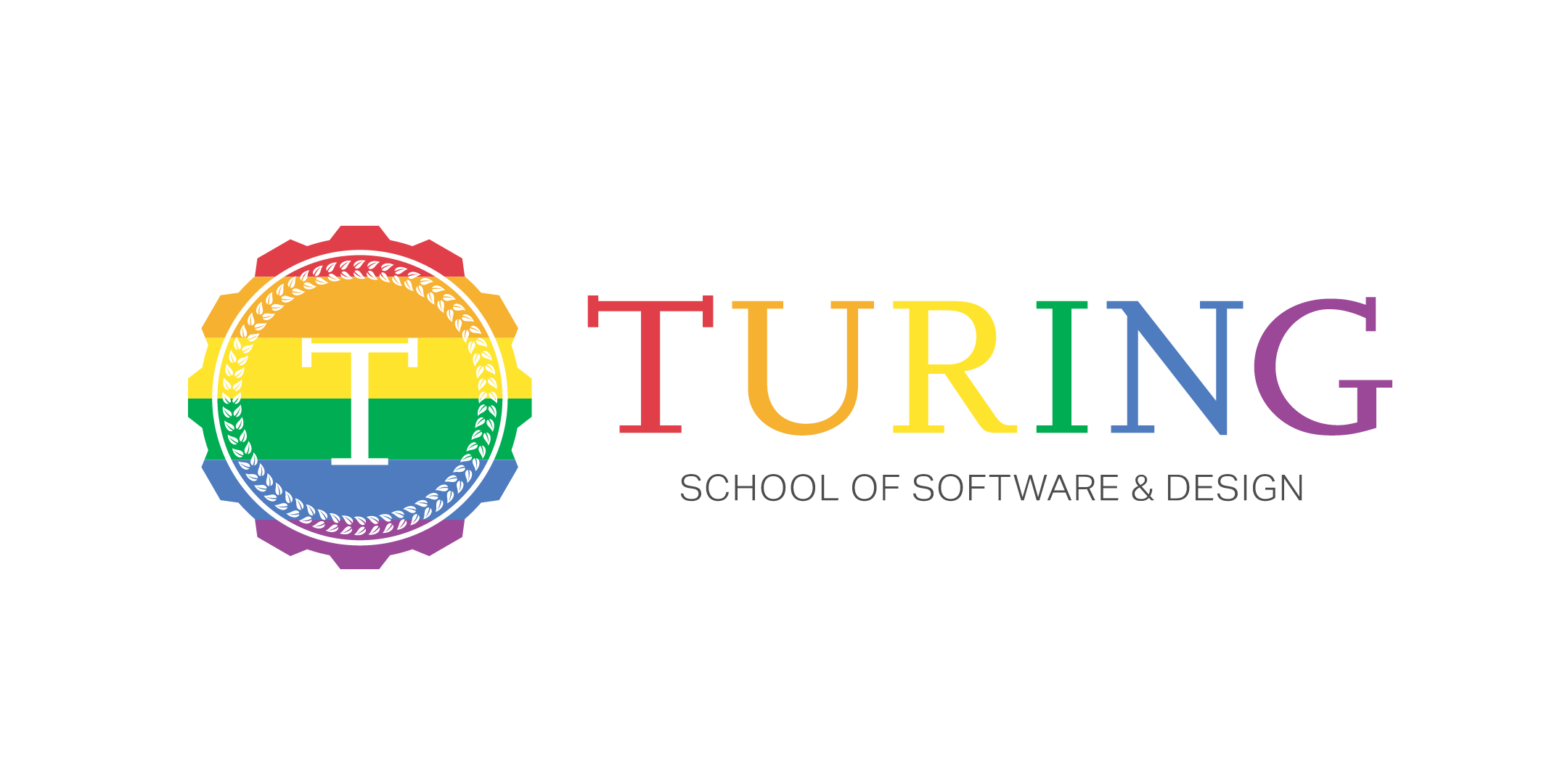Forever and Always
On Pride, Our Namesake, and Our Celebrated Community

The birth of a genius
June is Pride Month, but we celebrate pride in many ways year-round at Turing. Today we celebrate the birthday of Alan Turing, our namesake. Born June 23, 1912, Alan Turing is most well known for his work as a codebreaker during World War II. He invented a machine that could run narrow billions of possible keys down to a handful and decipher the Germans’ encrypted messages. His work helped to save thousands of lives, and his team was credited by some for hastening the allies’ success and ending the war at least two years earlier than it would have otherwise.
“We can only see a short distance ahead, but we can see plenty there that needs to be done.”
— Alan Turing
And yet, despite his genius and unyielding contributions, Alan Turing was prosecuted for being a gay man. He was arrested and pled guilty to “gross indecency,” and rather than spend a year in prison, was given hormone treatment. He was persecuted simply for being who he was—at the hands of his own government and died a year later, shortly before his 42nd birthday in 1954. His story is a tragic reminder that hate and ignorance can rob us of people and ideas that should be celebrated, never stifled.
A foundational part of our ethos
When naming Turing, our founder not only wanted to honor Alan Turing as the father of computer science, but remind us that the world missed out on the full spectrum of his genius because of oppression. It is our mission to do all we can to prevent loss of this magnitude for humanity, and it’s a mission we take seriously. It isn’t performative; the LGBTQIA+ community is represented at every level within our organization, starting with the highest levels of leadership. As Turing Back End Associate Instructor Jamison Ordway says, “It's incredibly freeing to work with colleagues who invite my input, celebrate my identity, and consider my experiences an asset.”
Turing Student Development Specialist Emma Byers, mama of seven-month-old fraternal twins Wren and Wilder, echoed that sentiment. “Being queer is a normalized, celebrated thing. My full person is welcome here. I don’t have to code-switch this part of my identity. I can really show up as myself.” Moreover, Turing has taken steps to provide employees with exceptional medical and gender-affirming benefits. For Emma, all of this translates into being seen in her full humanity as a queer person. It attests: We want you to thrive. We want your family to thrive. We want you to live a life in alignment with your highest truth. “That feels really invaluable,” she says. Turing Managing Director Ellen Mary Hickmann adds, “As a part of the queer community, finding a place with over 30% LGBTQIA+ staff representation is very special. At Turing, our staff puts so much emotional labor into our students. We’re proud to repay that by supporting them in their personal and family lives wherever we can.”
“Queerness is queer. How one person expresses it is vastly different from another.”
— Gabrielle Joyce
Turing strives to provide community, collaboration, and support for LGBTQIA+ folks on the student side as well. One way is through student and alumni-led groups, called “circles,” including QueerQoders (QQ). Turing alum Gabrielle Joyce recalls, “There were no expectations in regards to explaining how I live my life or express my queerness. When I needed more technical and emotional support during my time at Turing, I posted on QQ. Several people reached out in solidarity and offered their support. This resulted in meeting someone who would become my mentor, and who would later help me frame how I approached the job search and evaluate how prospective employers answered my questions.”
The march continues
Next Tuesday marks the anniversary of the Stonewall uprising, the series of spontaneous protests by members of the gay community in response to police brutality at the Stonewall Inn in the Greenwich Village neighborhood in New York City on June 28, 1969. The Stonewall riots are undeniably the watershed event that transformed the gay liberation movement and the twentieth-century fight for LGBTQIA+ rights in the United States. Within weeks, Village residents organized into activist groups demanding the right to live openly regarding their sexual orientation, and without fear of being arrested. A year after the uprising, pride marches took place in Chicago, Los Angeles, New York, and San Francisco. Within a few years, gay rights organizations were founded across the U.S. and the world. Today, pride events are held annually this month in honor of the Stonewall riots.
“Pride is living and loving your authentic self, and being able to show that in any way that makes sense to you.”
— Gauri Joshi
Turing student Gauri Joshi says, “It is pretty amazing to see how much pride has been accepted into mainstream culture with more corporations joining the bandwagon each year, but I never want to forget the origin of it and honoring the legacy of those who came before us who faced such harmful discrimination and hatred, and still marched forward.” She continues, “I got married earlier this year, in a same-sex Hindu ceremony, which was something I could never have imagined a few years ago. Growing up queer and desi, I never saw myself represented in real life or media, so this Pride Month feels extra special and is all about celebrating that intersectionality with my wife, our families, and our queer desi community.”
And while progress has been made, let’s not forget that oppression is still a pressing threat. As Emma poignantly cautions, “The first pride was a riot. It wasn’t about rainbow floats and rainbow splashing. It was about people fighting for their lives. Some people in certain parts of the country and around the world are still doing that. It’s important to keep the political agenda of pride in mind as we are celebrating in other ways, too.”

